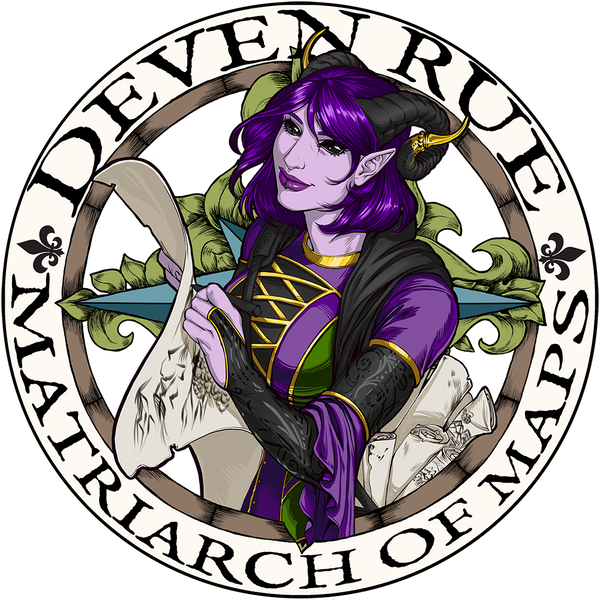
Character Secrets
You have 3 levels of “secrets”:
-
Level 1 is something you’re just keeping to yourself but if it’s discovered, you’re generally ok with it being known.
-
Level 2 is something you’re actively trying to hide but if it’s discovered, you’ll simply ask that they don’t share it with others.
-
Level 3 is something that not only are you actively trying to hide but if it’s discovered, you would go through lengths to bury and/or outright lie about it.
Any secrets you create for your character should be given a level so the DM knows how best to deal with it if/when it comes up in game. Also, make sure you have a list of who would know these secrets (such as lovers, family members, etc).
Secrets from the DM
You can keep secrets from the DM as long as what you are keeping secret isn’t something that will break the story/world nor does it contradict anything you’ve previously told to the DM.
An example is if you have a twin sibling that you’ve never talked about because they died or because you no longer talk to them but it isn’t a part of the plot (just character development).
An example of what you can’t keep from the DM is that you’re actually playing the character’s twin at different points in the story or that the twin has something to do with your goals.
Why would you keep secrets from the DM?
Something comes up in game that you realize *after* you’ve given your backstory (but doesn’t change it) that you’d like to keep to yourself for the time being. It involves the character the DM is playing (such as your character has a crush on the DM’s character). It’s a subconscious thing for your character that wouldn’t make sense anyone else knows. You have a non-story breaking secret that you think would be fun to reveal to everyone at the table all at once.
Secrets from other players You can choose whatever level of detail you want to share with your fellow players both in and out of the game. You can choose to be deceptive at any point for whatever reason.
However, the DM should always know when you’re being honest/deceitful to your other players. Message them with a private message which secret you’re hiding, which route you have chosen (answered honestly but omitted the secret or outright deceptive) and if necessary, why. To make this easier, feel free to number your secrets so you only have to send the corresponding number of the secret to the DM.
Levels of Insight I always want my players to feel they have the most control over how their character is perceived by other players & NPCs so insight checks in our game work slightly differently.
If someone rolls an insight check on your character, they must tell you what they rolled just like a regular check. However, you don’t have to roll a counter-check (unless you want to or are undecided, and even if you do, you don’t have to tell anyone the result). Instead, answer based on how much you feel your character would reveal based on the other player's roll (whether it’s the truth or a lie).
The higher the roll, the more you should describe your character’s body language, facial expressions, etc. to best convey if they are being honest or deceitful. If at any point the DM feels you are not conveying enough information based on the other player’s roll or you haven’t adequately conveyed they might be lying/being truthful, the DM may ask the other player if they believe them and/or remove inspiration from your pool if you have any.
Just know that the more your character lies, the more the other characters may distrust them.
